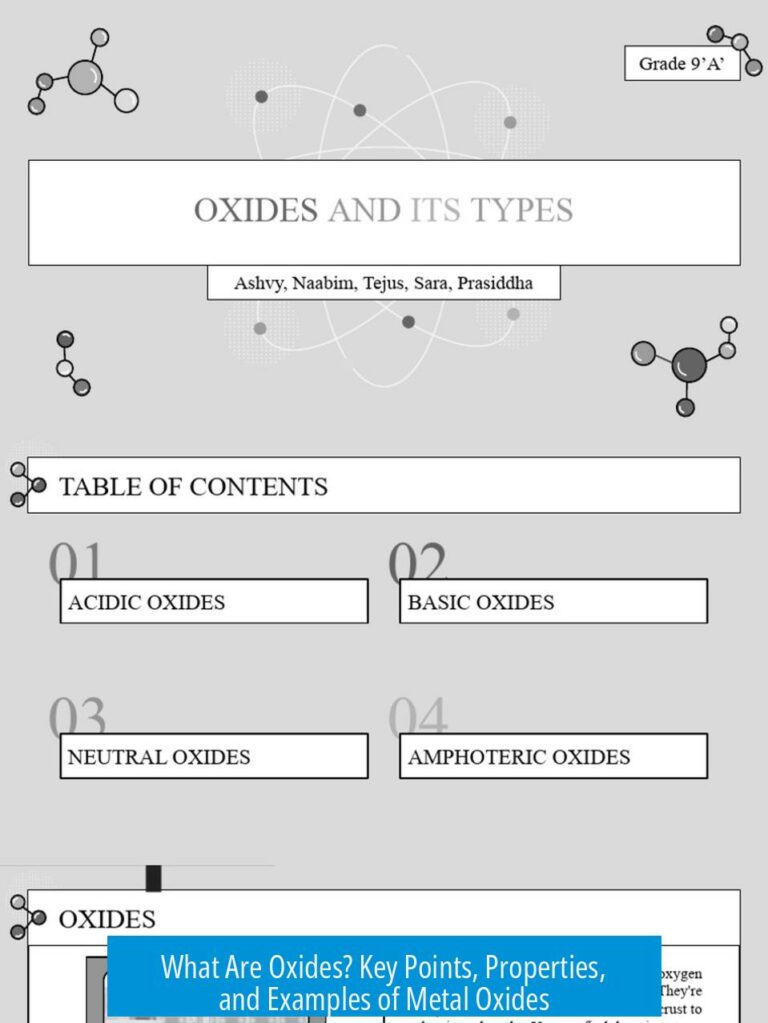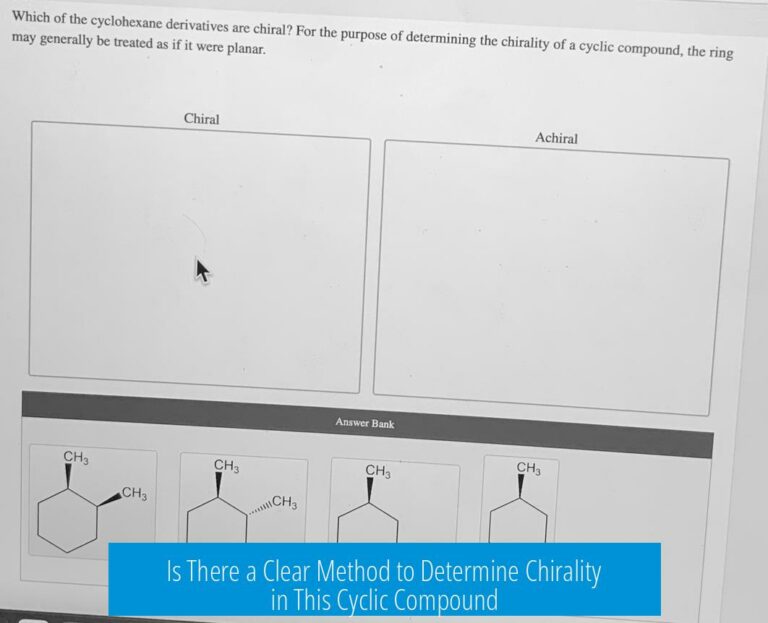Experiences with Online PhDs: A Focus on STEM and Chemistry

Online PhDs, especially in Chemistry and STEM fields, face widespread skepticism regarding their credibility and legitimacy. Most professionals and academics emphasize that earning a PhD demands full-time commitment, intensive lab work, and close supervision, which are challenging to replicate in fully online formats. This article explores the common perceptions, realities of traditional PhDs, and the limited contexts where part-time or hybrid approaches might work.
General Credibility and Perceptions of Online PhDs
Many experts dismiss online PhDs as lacking credibility. A prevalent opinion is that “online PhD” often equals a diploma mill. Employers and academic institutions rarely recognize such degrees with the same respect as traditional ones.
- “Most credible PhD programs require it to be your one and only occupation for a while,” highlighting the full-time nature of the work.
- Online PhDs in Chemistry or similar hard sciences are frequently regarded as scams.
- Employers generally do not accept online PhDs as valid credentials, meaning career advancement is unlikely based solely on such degrees.
- In STEM fields, the existence of legitimate online PhDs is questionable, and sometimes considered impossible.
The Nature of a Traditional PhD in Chemistry

A Chemistry PhD involves far more than coursework. The majority of the program consists of hands-on research conducted in a laboratory under a supervisor’s guidance. Traditional programs typically last four to five years and include:
- A brief period of formal coursework, often one year or less, which generally leads to a Master’s degree.
- Approximately 10,000 to 15,000 hours of lab work or research, representing the core of a PhD.
- Full-time commitment, with many candidates working overtime, reflecting the project’s intensity.
Unlike lecture-based learning, practical lab work can rarely be done remotely or on a part-time basis. The PhD is defined by continuous physical involvement in experiments, data collection, and supervision, making it incompatible with purely online formats.
Possibility of Part-Time or Hybrid PhD Models
Some rare cases show that pursuing a PhD part-time or with hybrid methods can work, particularly in theoretical or computational chemistry:
- If research is computational, candidates might conduct most work remotely after initial in-person training.
- Hybrid PhDs require attendance for coursework and regular face-to-face interaction with advisors.
- Historical examples exist where industry professionals earn a PhD by aligning their work with research projects, but this is mostly rare today.
However, such arrangements demand strong employer support, flexible advisors, and often impact personal life and time management heavily.
Summary: Online PhDs in STEM and Chemistry
The consensus is clear: online PhDs in Chemistry and related STEM disciplines lack recognition and credibility necessary for career progression. The intensive nature of laboratory research and the requirement of physical presence create significant barriers for fully online doctoral programs.
| Aspect | Traditional PhD | Online PhD |
|---|---|---|
| Program Length | 4 to 5 years (full-time) | Variable, often unclear |
| Laboratory Work | 10,000+ hours, essential | Generally absent or simulated |
| Recognition | Widely accepted by academia & industry | Often questioned or dismissed |
| Commitment | Full-time, intensive | Part-time possible, but credibility suffers |
Key Takeaways
- Most online PhD programs, especially in Chemistry, lack credibility and acceptance.
- A traditional Chemistry PhD involves heavy lab work and full-time commitment.
- Online formats cannot replicate the essential hands-on research experience.
- Hybrid or part-time PhDs may exist but are limited and still require significant in-person work.
- Employers and academic peers favor traditional, intensive PhD training for career advancement.
Anyone Have Experiences with Online PhDs? Let’s Unpack the Reality
So, you’re wondering if anyone’s had experiences with online PhDs—and if these degrees actually hold water, especially in fields like chemistry. The answer? It’s complicated. People generally agree that while online degrees might work in some areas, an online PhD—particularly in STEM fields like chemistry—is usually met with skepticism, if not outright dismissal.
Why is that? Because earning a PhD is not just about absorbing knowledge; it’s about living in the trenches of research.
The Full-Time Commitment of a Traditional PhD (Spoiler: It’s More Than Just Classes)
Here’s the thing: A PhD is not a passive pursuit you tuck into your evenings after Netflix. It’s a full-time job, often with long hours in the lab. One former student says, “My chemistry PhD was five years long, but I only spent one year in classes. The rest was deep in lab work.”
Classes? They’re just the appetizer. The main course—and the real meat of the PhD—is the dissertation research. That means dozens of hours, day after day, battling experiments, troubleshooting procedures, and generating results under the guidance of a mentor.
And let’s be clear: This isn’t a neat 9-to-5 gig. You often put in overtime, weekends, and sleepless nights mixing chemicals or crunching data. The laboratory lifestyle is intense and immersive. As one alum notes, “A PhD requires a lab life, not just a lab portion.”
Online PhDs in STEM? The Verdict Is Mostly Grim
Now, can you do this demanding, hands-on work online? Most say no. “Online PhD” in chemistry often equals “diploma mill” to employers and academics. That’s a hard truth echoed repeatedly: “No employer is going to see an online chemistry PhD as valid.”
Employers tend to view online PhDs in chemistry with skepticism, regarding them as lacking true rigor. The sentiment is that these programs are “an enormous waste of time that will be treated with little respect.”
That’s largely because actual lab work can’t be faked or avoided. You can’t just log into Zoom and suddenly have pipetted samples or maintained cultures overnight.
Are There Exceptions? The Hybrid or Theoretical PhD Path
Don’t lose hope if you crave the flexibility of online study. Some people carve out hybrid arrangements or pursue theoretical and computational PhDs that mostly involve computer work and data simulation. For ambitious souls in this space, the hard lab work component is less physical and more virtual.
One example: a hybrid PhD student who attends in-person classes for the first few years but then completes computational research remotely. It depends heavily on your advisor’s trust and resources available.
There are also stories of part-time PhD students who kept a day job while chipping away at their dissertation on nights and weekends. But these cases are exceptions rather than the norm—and the strain on personal life can be considerable.
How About Part-Time Online PhDs? Reality Check
Historically, some managed to earn PhDs while working full-time jobs, especially if their job aligned closely with their research. But this model has become rare, particularly as academia demands more dedicated research time.
Part-time or online PhDs in STEM fields almost always require some in-person presence for lab and collaboration. You may find some theoretical areas that yield to these formats, but again, supervisor approval is essential.
What Does This Mean for You? Practical Tips If You’re Considering an Online PhD
- Research the program’s accreditation and reputation. Not all “online PhDs” are created equal. Many so-called online programs lack proper accreditation.
- Understand the nature of your field. Chemistry and experimental sciences demand hands-on time in labs. You can’t escape that with an online-only degree.
- Consider a hybrid or computational route. If flexibility is a must, look for programs offering hybrid models or focused on theoretical work.
- Prepare for sacrifice. Even with hybrid options, a PhD is a heavy load and requires significant time commitment.
- Talk to potential advisors and former students. Firsthand experiences often reveal the program’s true demands and benefits.
Final Thoughts: Is an Online PhD Worth It?
The answer depends on your goals and discipline. For lab-heavy fields like chemistry, online PhDs generally lack credibility and fail to replace the depth and rigor of traditional in-person training. The hands-on lab work, dynamic interaction with peers and mentors, and immersive research culture are part and parcel of true doctoral training.
That’s not to say online education is worthless—far from it—but for the pinnacle of research degrees in STEM, live, full-time effort still reigns supreme. Are you ready to “live” your PhD, or do you want something that fits your 9-to-5 lifestyle? That’s the question to ask before diving into any online doctoral program.
What’s your take? Have you tried an online PhD or know someone who has? Drop a comment and share your story—because the internet’s rich tapestry of experiences might just surprise you.
Are online PhDs considered credible in STEM fields like chemistry?
Most experts say no. Employers and academics rarely accept online PhDs in chemistry as valid. The hands-on lab work and full-time research involved make online-only programs nearly impossible to be credible.
Can you complete a traditional PhD while working full-time?
Some have tried, usually by doing research outside regular job hours with support from their workplace. This is rare and often takes a personal toll. Full-time commitment is normally expected for a PhD.
Is it possible to do a hybrid or part-time PhD in chemistry?
In some cases, especially with theoretical or computational research, a hybrid approach might work. The initial coursework could require in-person attendance, but later research might be done remotely, depending on the advisor’s rules.
Why is lab work so central to a chemistry PhD?
The PhD focuses mainly on research in a lab setting, often demanding thousands of hours. It’s a full-time job, not just classes, requiring physical presence to conduct experiments and gather data.
Are online PhDs in non-STEM fields viewed differently?
Opinions vary more outside STEM. Some fields may offer part-time or remote options. Still, full-time dedication and close advisor supervision remain important for quality and recognition.





Leave a Comment